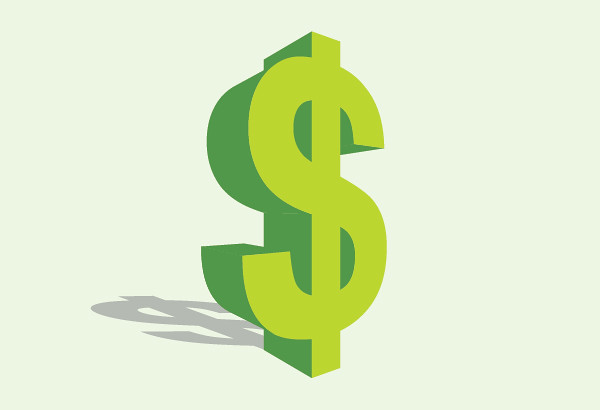Is 15 Bucks Too Much?

April 19, 2022
The election of 2020 was one of the most publicized elections in history which were run on many different issues. One of the main issues the Biden campaign ran on was seeing a raise in the federal minimum wage. The Raise the Wage Act of 2021 was proposed by the campaign, but has not been passed by Congress. This act would phase the federal minimum wage to $15 an hour by 2025. Many Republicans have taken an issue with this act, citing various reasons including inflation, job losses, and small business closures. This article will explore the pros and cons of passing the Raise the Wage Act, as well as addressing the concerns raised by fiscal conservatives.
The federal minimum wage is currently set at $7.25 an hour, having not been raised since 2009. While this is relatively low, 24 US states have increased their minimum wage including California, Arizona, Florida, Massachusetts, and Washington, with California being the largest minimum wage aside from Washington DC’s $15.20 an hour requirement. Even though many states have a minimum wage above the federal minimum, 19 states, including Texas, have their minimum wage at exactly $7.25 an hour.
Now, to look at the benefits of raising the federal minimum wage. Raising the federal minimum wage to $15 an hour by 2025 would raise the pay of more than 32 million US workers. This increase would not only improve workers wages, it would also provide a more racially just economy. Black and hispanic workers would benefit significantly from the increase, as would white people. In addition to this, essential and frontline workers are also a majority of those who would benefit from the increase of the minimum wage according to the Economic Policy Institute. Moreover, the Raise the Wage Act would raise up to 3.7 million out of poverty, including 1.3 million children
While it seems there are many pros to raising the minimum wage, many conservative thinkers have voiced some concerns with the Raise the Wage Act. These concerns include that raising federal minimum wage would lead to massive job losses, and potentially cause too much inflation. However, according to the Economic Policy Institute, these concerns would hold no weight considering that in the past, raising the minimum wage has only ever caused little to no job loss, and a net wage gain even if job losses do occur. Furthermore, The Economic Policy Institute also states that accounting for productivity alone, the minimum wage should be $23.53, and the inflation-adjusted value would be $13.79. So based on these findings, job loss and inflation would largely not be impacted by a raise in the minimum wage.
The Raise the Wage Act was set to increase the minimum wage to $9.50 by the end of 2021, which obviously cannot be done now, but by standing up for what we believe, we can still make a change in 2022.









